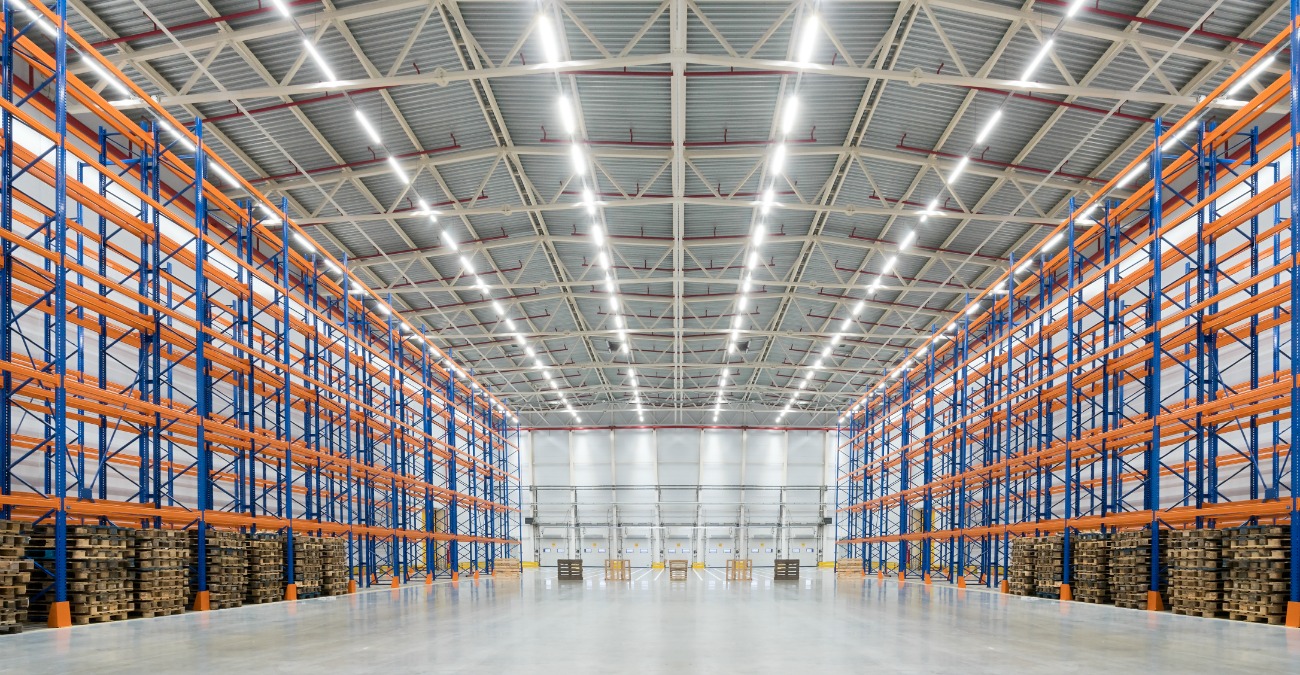Warehouse for Retailers in Ghana
How to Find the Best Warehouse for Your Retail Business in Ghana.
If you are looking for a warehouse to rent or buy, it’s important to do your research. It is important to take into consideration the location of the property, the size, type of building, legal issues with zoning or business types, proximity to public transportation or highways, and any other restrictions on the property. We have compiled some simple steps to help you find the perfect warehouse for your retail business in Ghana without too much legwork.
What is the Reason for Your Warehouse?
First, it is important to be clear on the reason you are considering renting or buying a warehouse. If you need to store your inventory and shipments for long periods of time, then an industrial warehouse is better suited for this purpose. However, if you need a smaller space for storage and shipping (like in a mall), then perhaps a less expensive and more accessible commercial property would work better.
You should also consider the type of building that will work best for the business because this will depend on what you plan to do with your property. For example, retail stores usually require loading docks and drive-thru access which would necessitate a drive-thru building or loading dock facility.
However, there are other considerations such as zoning restrictions and proximity to public transportation or highways when looking at properties so make sure these things are taken into consideration before signing any contracts. If you want to know more about Ghanaian legislation and how it applies to storing and transporting goods in the country, please visit: https://gccbusinesslaw.com/storage-transportation-in-ghana/
Size and Location
The first thing to consider when renting or buying a warehouse is the size. If you are looking for more of a distribution center, then you will need a warehouse that can hold large quantities of items. It would be wise to find a space that has multiple levels and docks for forklifts.
Location is also important because of the safety of your staff and inventory. Make sure that your location is near public transportation–you don’t want to have to work so hard on getting products around town. You also want to make sure there are not many restrictions on the property–some warehouses may not be zoned for retail businesses, so it would be smart to research what zoning applies before making your decision.
Type of Building
The type of building is important because it will determine the cost. You will need to consider the size, condition, and any zoning restrictions.
Legal Issues with Zoning or Business Types
One of the first things you want to consider is the legality of your business. Is your business zoned appropriately? For example, if you are licensed to sell liquor, you would need a warehouse that is zoned for manufacturing.
You also want to make sure the type of business you are in is allowed. There may be some restrictions on what type of business can be run out of certain locations. For instance, if your warehouse is located in an industrial park, it’s possible that most businesses located there can only be offices or warehouses for storage purposes.
Proximity to Public Transportation or Highways
The first step to find the perfect warehouse is to consider the location. One of the most important things you need to consider is if the property is near public transportation or highways. If it’s not, then your potential customers will have a hard time getting there. The brand needs to be able to travel long distances or else they won’t come. You also want to make sure that the building has lots of parking spaces, otherwise people will have a hard time finding a spot and won’t want to come again.
Restrictions on the property.
If you are looking for a warehouse, you need to be aware of all the restrictions on the property. For instance, some businesses are prohibited from operating in commercial zones due to their nature. This is more common with warehouses than retail locations. It may also depend on the city or county that you’re looking into renting or buying a property in. You will need to know if there is anything that would prohibit you from operating at this location before any agreements are made.
Another thing to consider when looking for a warehouse is if it’s near public transportation or highways. You might want to place your business near where most of your customers live so they can easily access it if they don’t have a car. If not, make sure it’s at least close to public transportation so people can get there without having to spend too much money on gas or other means of transportation like Uber.








LEAVE A COMMENT
You must be logged in to post a comment.